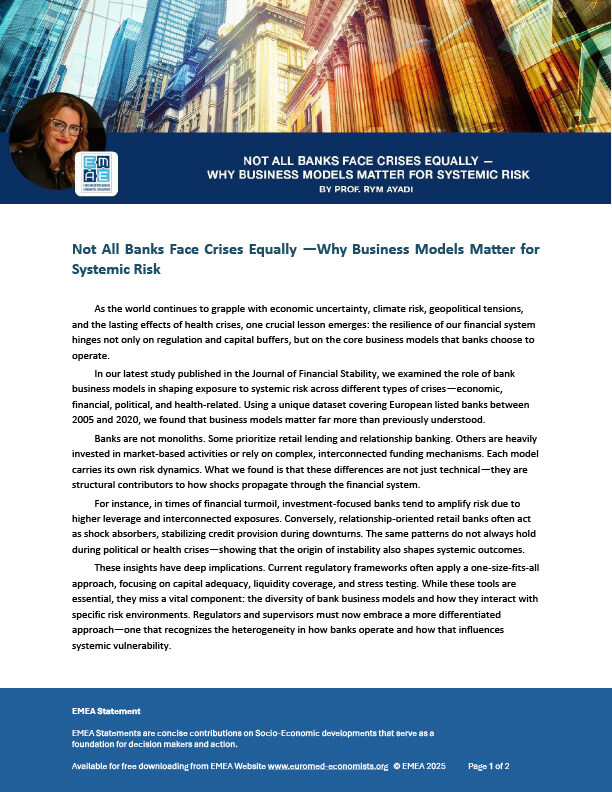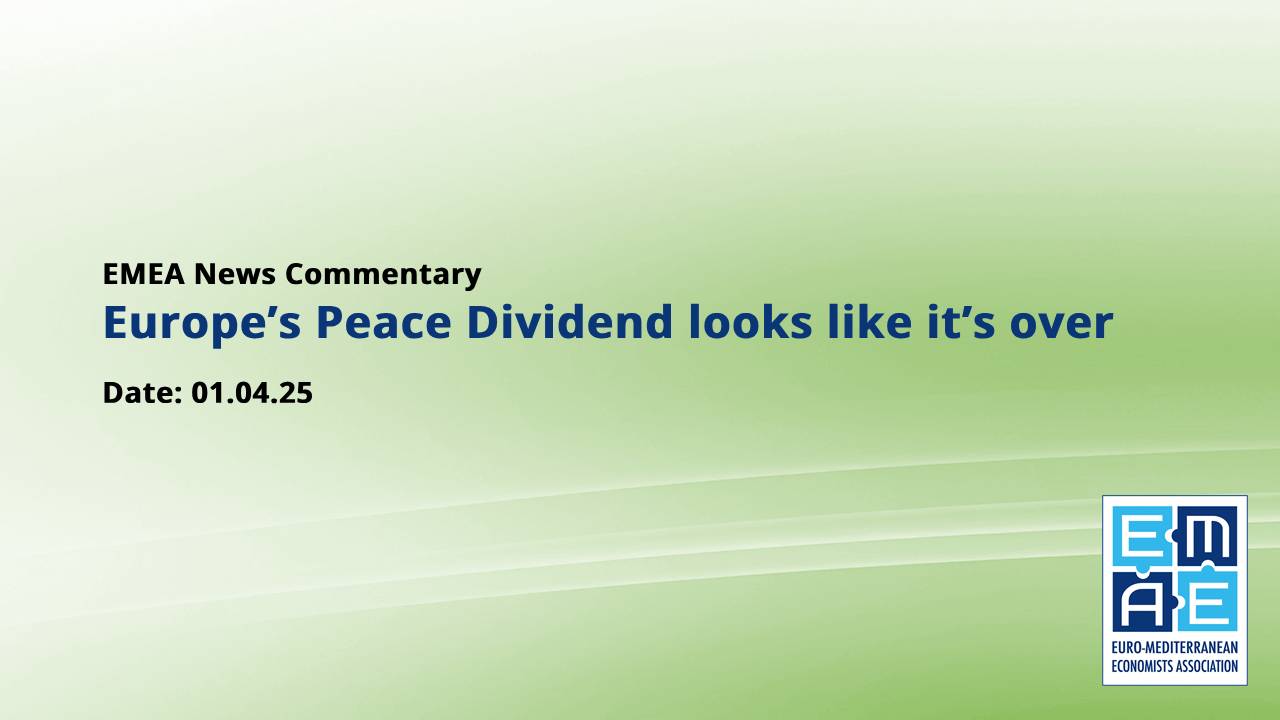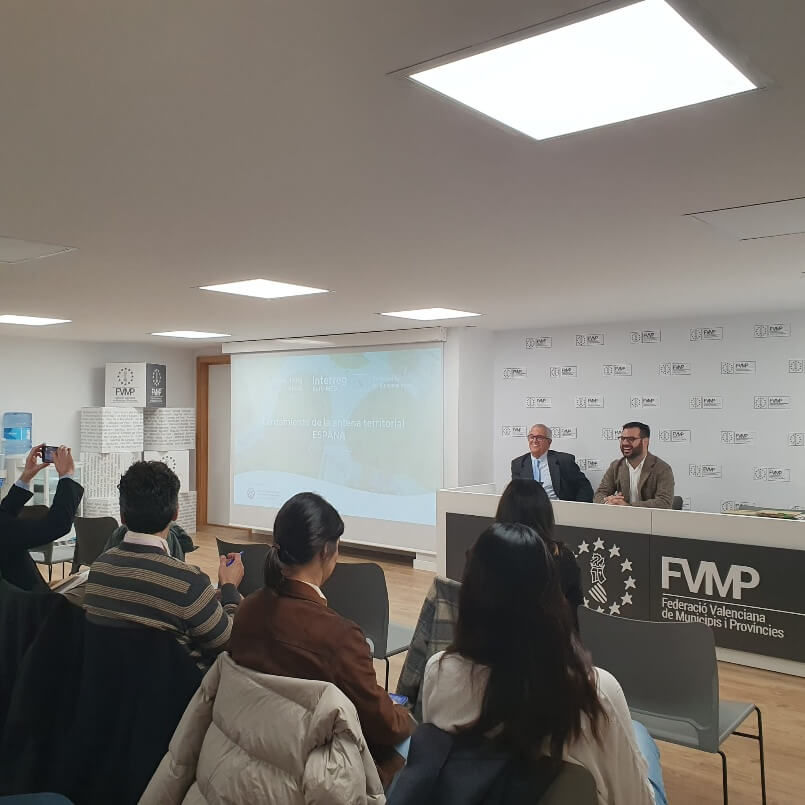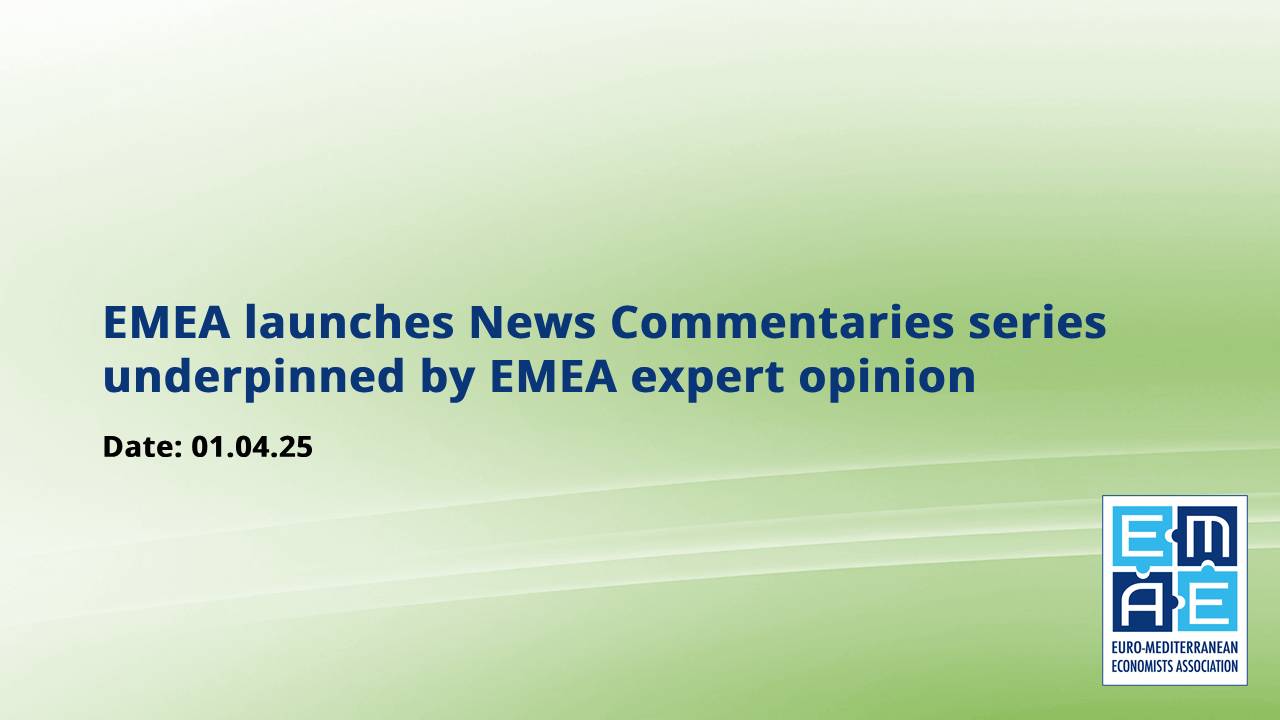If defence spending across the EU had stayed at 3.5% of GDP since the end of the Cold War in 1995, the continent would have required an additional $387bn every year, according to calculations made by the Financial Times.
The savings, known as the post-war “peace dividend”, have left Europe facing “a brutal reckoning” as Governments scramble to re-arm, with US President Donald Trump’s threatening to scale-back America’s financial support and even leave NATO.
With the US covering up for the shortfall in military spending, European countries have avoided allocating 3.5% of GDP towards defence for well over 50 years, the FT concluded.
Instead, European Governments have been able “to build one of the most generous social security systems in the world for an ageing population.”
Relative to GDP, Germany spends twice that of the US on social protections, including pensions and healthcare.
To reverse the decline in military expenditure, most large European countries would seriously struggle to scale back current social security commitment, the report said.
France is in particularly bad shape, with President Macron currently facing pressure to repeal plans to raise the retirement age by two years. Even if he did, future defence spending would “dwarf” any pension savings.
Slow Progress
Whilst Europe is targeting a more independent defence policy, to date, progress has been slow.
The European Council says EU defence spending averaged €150bn in the 15 years to 2019, a period when EU and UK armed forces personnel almost halved in size. Some estimates say this sum may need to be tripled ever year for the next five years.
These so-called “war” taxes will be borne by taxpayers and those relying on social security nets. Foreign aid programmes will likely be the first casualties.
European Commission President, Ursula von der Leyen, has recommended the exemption of €800bn in additional EU Government borrowing for defence measures.
The UK, Germany and, in particular, Poland, have signalled they will increase military spending, moving closer to Trump’s call for Nato countries to devote 5 per cent of GDP towards defence.
Italy in particular, along with France and the UK have public debt levels exceeding GDP, with hefty budget deficits. The EU now spends about 2 per cent of GDP on interest payments. Italy’s figure is double that.
Europe’s ageing population will make it harder for Governments to balance social spending with falling revenues from a declining workforce.
The costly end of Europe’s ‘peace dividend’
Commentary from EMEA President and Founder, Prof. Rym Ayadi
Europe is in the processes of repositioning itself in a New Era of Geopolitical Tensions.
With the peace dividend challenged, Europe must shift from reactive crisis management to proactive strategic positioning, in a world defined by geopolitical competition.
This means:
- Strategic Autonomy Without Isolation
Europe must build credible defence capabilities, whilst maintaining strong transatlantic ties. A more self-reliant EU defence industry, joint procurement and military mobility are crucial.
Furthermore, cooperation with like-minded global partners (such as Japan, Canada, Australia, India ….) should complement NATO ties. - Economic and Energy Resilience
Europe must diversify supply chains and reduce dependencies. Investment in green technologies, AI and advanced manufacturing can reinforce economic security. - A Unified Geopolitical Voice
The EU’s internal divisions weaken its global position. A common foreign and security policy must balance national interests with collective strength.
The Global South’s shifting alliances mean Europe must deepen engagement in Africa, Latin America and Asia, with investment, co-development, not just aid. - Military Readiness for Hybrid Threats
Future conflicts will be cyber, informational and technological – not just conventional.
Strengthening EU-NATO cooperation, intelligence-sharing and cybersecurity defences are as critical as increasing troop numbers.
A More Assertive Europe should be the direction of travel
Europe must embrace strategic realism—moving beyond the post-Cold War comfort zone, into a role as a security and economic power in its own right. Defence, diplomacy and technology will define its future in a fragmented world.




